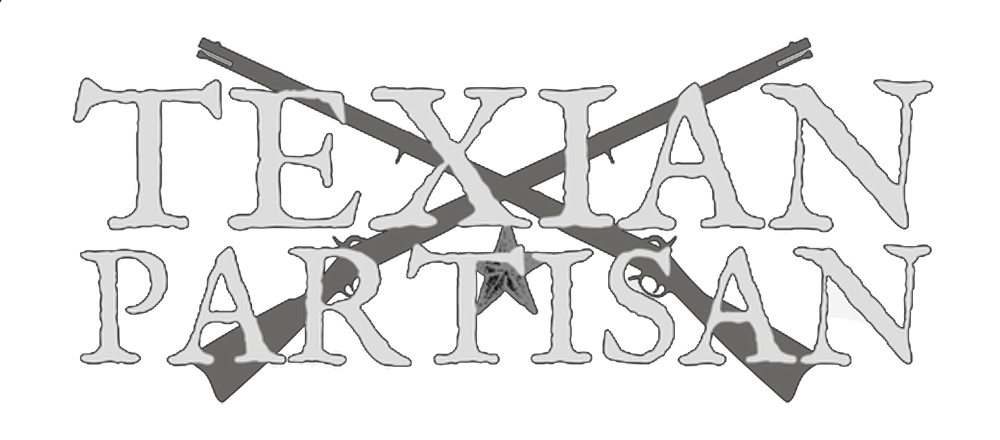Daniel Miller discusses 25 years of progress, polling numbers, and economic benefits of Texas independence
Daniel Miller, President of the Texas Nationalist Movement and author of “TEXIT,” appeared on CRTX News with Dr. Steve Hotze this week to discuss the current state of the Texas independence movement and outline the path toward a referendum on Texas independence.
Miller, a sixth-generation Texan who has led the modern independence movement for over two decades, shared details about the organization’s remarkable growth and the economic case for Texas independence that continues to drive support across the state.
Movement Shows Dramatic Growth
The Texas Nationalist Movement has experienced explosive growth since its founding in 2005. Miller revealed that the organization started with just six people when support for independence was polling in single digits. Today, the movement represents over 632,000 Texans, and recent polling shows dramatic shifts in public opinion.
“We went from those 6 people when we founded the movement to over 632,000 people that are actually formally part of our movement,” Miller told Dr. Hotze. In 2022, there was a Survey USA poll done that showed if the Texit question went on a ballot tomorrow, you would have 66% of likely voters and 60% of voters overall that would vote in favor of it.
The polling represents a significant shift from earlier surveys. Miller noted that while some media outlets have attempted to downplay support by using compressed polling methodologies, independent analysis suggests support is actually much higher than reported.
Economic Benefits Drive Support
A major focus of the interview centered on the overwhelming economic benefits Texas would realize as an independent nation. Miller cited studies showing that Texans overpay anywhere from $103 to $160 billion annually into the federal system.
“Texans overpay anywhere from $103 to $160 billion a year into the federal system,” Miller explained. “We’re getting somewhere in the order of $130 to $160 billion a year that would stay in our state if we were independent.”
Beyond the immediate financial benefits, Miller referenced studies from George Mason University showing that federal regulatory accumulation has created a 2% compression of GDP that compounds year over year. The research suggests that in the absence of federal overregulation, each Texan could see a 600% increase in take-home wealth.
“Texas, because we are such a net producer in the federal system, we’re disproportionately affected by federal regulatory accumulation because of the 3 industries that are effectively the pillars of our economy, which is agriculture, energy, and technology,” Miller said.
Constitutional Authority for Independence
Miller emphasized that Texas independence rests on solid constitutional ground, specifically citing Article I, Section 2 of the Texas Constitution, which has appeared in every Texas constitution since the Republic era.
The provision states that “All political power is inherent in the people, and all free governments are founded on their authority and instituted for their benefit,” and declares that Texans have “at all times the inalienable right to alter, reform or abolish their government in such manner as they may think expedient.”
“Article I, Section 2 is pure Jeffersonian straight, practically from the Declaration of Independence, and it is an explicit reiteration of the right of the people of Texas to choose their form of government,” Miller explained.
Political Establishment Resistance
Despite growing public support, Miller identified the primary obstacle to independence as resistance from the Texas political establishment rather than federal opposition.
“The greatest obstacle we face right now is not from the federal government on this issue. It’s really from politicians right here in Texas,” Miller said.
He noted that while the Republican Party of Texas platform now includes planks supporting a vote on independence, legislative leadership has consistently blocked efforts to place the question before voters.
“They’ve seen the polling numbers as well, and the political establishment is absolutely afraid to put this question on the ballot because they know, just like we do, that if it goes on the ballot, it wins,” Miller stated.
Trump Administration Impact
Addressing questions about how the Trump presidency affects the independence movement, Miller clarified that support for Texas independence transcends partisan politics.
“Throughout the Trump administration, we grew at the same rate that we grew during the Obama administration,” Miller explained. “This is not dependent upon who’s in the White House.”
Miller described the fundamental divide as “the people versus an entrenched political establishment that is barreling headlong into central planning and globalization.”
Referendum Process and Timeline
Miller outlined that the independence process would culminate in a referendum where Texans vote on whether to reassert their status as an independent nation. He noted that international precedent shows independence referenda typically see exceptionally high voter turnout, often exceeding 80%.
When asked about timing, Miller emphasized that the speed of the process depends on grassroots action by Texas voters.
“Ultimately, how quickly this happens is up to the people,” Miller said. “If people will go vote for legislators that will pass legislation to put this on the ballot, if they will donate to the effort to make it happen, if they will get out and have this conversation with their neighbors and not be bashful, if they will be unapologetic and unashamed, then this will be done.”
International Context
Miller placed the Texas independence movement within the broader global trend toward self-determination, noting that the number of independent nations has grown from 54 at the formation of the United Nations to 195 today.
He also referenced recent polling showing that 24 out of 50 states polled at levels high enough to suggest significant support for independence movements, indicating that Texas is part of a larger national trend rather than an isolated phenomenon.
Path Forward
For Texans interested in supporting the movement, Miller directed them to tnm.me to register support and connect with the organization. He also recommended texitnow.org for comprehensive information addressing over 100 common questions about Texas independence.
The interview highlighted the Texas Nationalist Movement’s evolution from a small group of activists to a significant political force with over half a million supporters and growing influence in Texas politics.
As Miller concluded, “When the people are ready, when they do what they need to do and answer the call, then this will be done, and it will seem like it just came from a bolt out of the heavens.”
The full interview is available on the CRTX News website and provides extensive detail on the economic, constitutional, and practical aspects of Texas independence.


